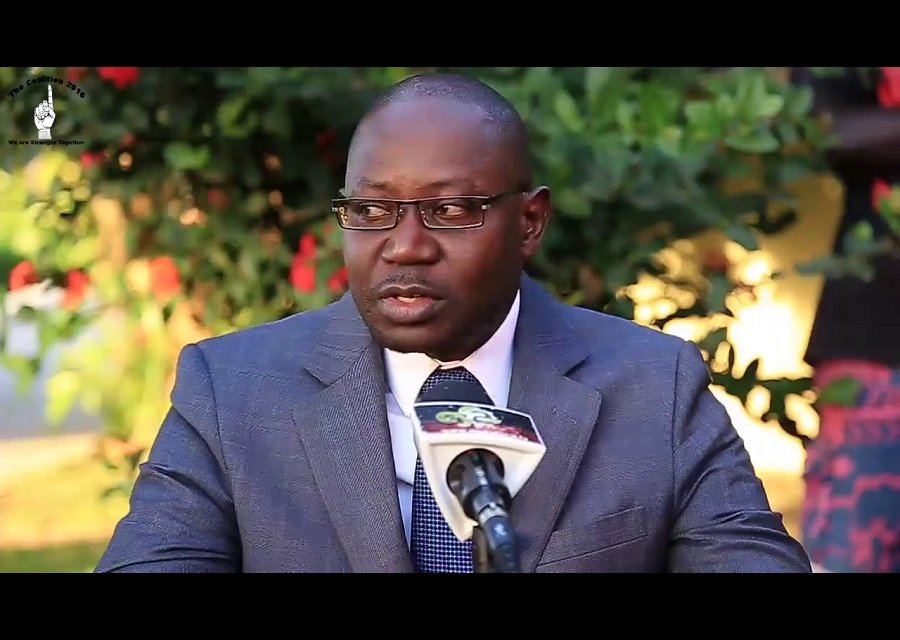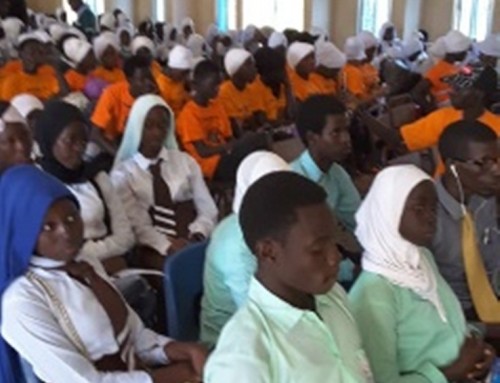
By Omar Bah
The leader of the Gambia Moral Congress has called on the government to accommodate further dialogue with the radical teachers’ group, Teachers For Change (TFC).
“What matters here is the national interest. At the heart of this interest is the overriding welfare of our children at most public schools. If the academic year is adversely affected, we would commit gross negligence against our children,” Mai Fatty told The Standard yesterday.
He said many government officials have their children in private schools who would not be affected by the threat of industrial action by the teachers, “and those privileged students will benefit from learning through the full length of the academic year”.
Fatty observed that majority of Gambians cannot afford to send their children to private schools and are compelled by economic circumstances to keep them in public schools.
“It is also a fact that public school teachers are poorly paid and work under very challenging circumstances. With inflation and high cost of living, this situation is justifiably unsustainable,” he added.
Mai Fatty said some of the concerns raised by the teachers are genuine, adding that the need for further dialogue will facilitate better understanding between both sides.
“There should be flexibility and objectivity on both sides. In the overwhelming interest of our children, the protection of the academic year, the future of thousands of Gambian students and relieving frustrated parents of unnecessary stress,” he intimated.
He continued: “I’d encourage serious engagement with all aspects of civil society whether incorporated or not. We need not put emphasis on the form, rather it’s substance that matters. Whether the GTU or TFC, questions of form or status should not take precedence over substance and sovereign national interests.”
Fatty said everyone, including the striking teachers, has no right to play god with the future of thousands of young Gambians to their detriment.
“In my view, the sole question to be answered should be one of legitimacy. Are their concerns legitimate? Is their action legitimate? In effect, do they have serious concerns that deserve serious attention?”
Fatty said the deficiencies of the public education system are concerning, including resource and capacity constraints, and misprioritization of goals, etc.
“It is said that the quality of an education system cannot exceed the quality of its teachers. Our government has taken cognizance of this fact. That is why education is accorded prominence in the NDP,” he added.
Fatty further said: “We must all recognize that there will be an obvious lag time between planning and implementation, which calls for understanding and patience. Yet, these teachers do have a case which must be compassionately looked into. It is only dialogue, sincere dialogue, empathized dialogue, realistic expectations that will provide solutions and carve a sustainable way forward,” he highlighted.
The GMC leader also encouraged members of the TFC to demonstrate some goodwill by returning to classes, while allowing constructive dialogue to continue.
“In the same vein, I urge the government to take visible steps that manifest its intention of positively responding to some of the demands of TFC. Teachers in turn must realize that the huge challenge of the education sector is a result of two decades of reckless, negligence and gross incompetence of the previous regime,” he stressed.
He said the government too must now assume the obligation to seriously tackling these challenges with single mindedness.
“We can no longer afford the luxury of blaming the past for every national problem that comes our way,” he concluded.
Article Views:
100





